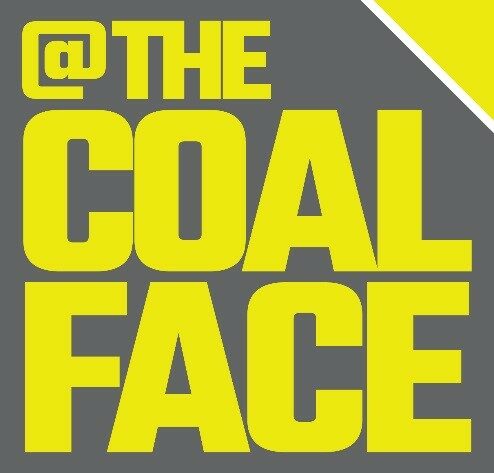A few years ago a BHP executive, Fiona Wild, told The Guardian newspaper that the election of Joe Biden had given her “great hope” that we would be able to “avoid the worst impacts of climate change.”
Ms Wild went on to say that “We’ve been pretty clear that we don’t think energy coal has a role in our portfolio.” She said that she “understood” the people saying that BHP had to look at “the managed decline of these fossil fuels.” (1)
So, because they listened to their climate-obsessed, activist shareholders BHP sold their oil and gas assets and many of their coal mines. Pretty much ever since Ms Wild’s comments, fossil fuel prices have been at record levels.
Instead, BHP saw great hope in so-called “future facing commodities”. As BHP’s CEO, Mike Henry, told the Financial Times in 2021, he wanted to “progress further in weighting the portfolio towards future-facing commodities like potash, copper and nickel” so that BHP would be “positioned for the next 20, 30 or 40 years”. (2)
In a great irony BHP’s nickel dream is being destroyed by a surge in Indonesian nickel production powered by… coal. In 2022, the last full year for which data is available, Indonesian coal demand increased by a staggering 32 per cent. The growth is even more unbelievable given Indonesia was already a large user of coal. As the International Energy Agency commented Indonesian “nickel production has become an important driver of coal demand.”
Next time you are talking to a Tesla owner remind them that their massive batteries are charged by coal and made from coal!
Indonesian nickel production increased by 26 per cent in the first half of last year causing global production to increase by 13 per cent. Demand for nickel only increased by 2.4 per cent during that time. As a result, nickel prices have halved.
For BHP it wasn’t meant to be like this. Both Australia and Indonesia have large nickel reserves. But Indonesia’s reserves come from laterite geologies with lower nickel content than Australia’s predominantly sulphide geology. Indonesia’s nickel ores require more energy (and more coal power) to improve them to a battery grade.
BHP thought that given that nickel was going into “green” vehicles, car manufacturers would prefer Australia’s more energy efficient and lower carbon nickel. They were wrong. As BHP executive, Johan van Jaarsveld, told the Melbourne Mining Club last year “The market is not really prepared to pay a premium yet for something that is more ESG-friendly nickel.” (3)
It is very sad to see one of Australia’s most storied and hard-nosed companies turn into an organisation so gullible as to swallow the most inane green fairy tales. Their naivety has a real, human impact. Already this madness has seen a nickel mine shut in Western Australia (with over 300 jobs lost) and there is speculation that BHP’s nickel mines and smelters could be on the chopping block next.
The simple, hard truth is that if Australia wants to maintain its mining and manufacturing jobs, we have to use coal. If we do not use coal, other countries, like Indonesia, will. If we turn away from coal all we will do is send Australian jobs offshore and that won’t lower carbon emissions anyway.
Let’s hope that this nickel disaster is a lessen for our corporate management elite. Perhaps they should stop getting their “hope” from US election results, and instead do their job, make their company the best and keep Australian manufacturing alive by using all of our natural resources, including coal.
Hon Matt Canavan
Senator for QLD











